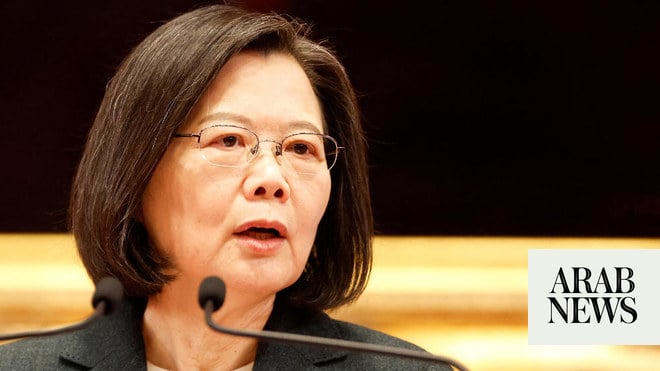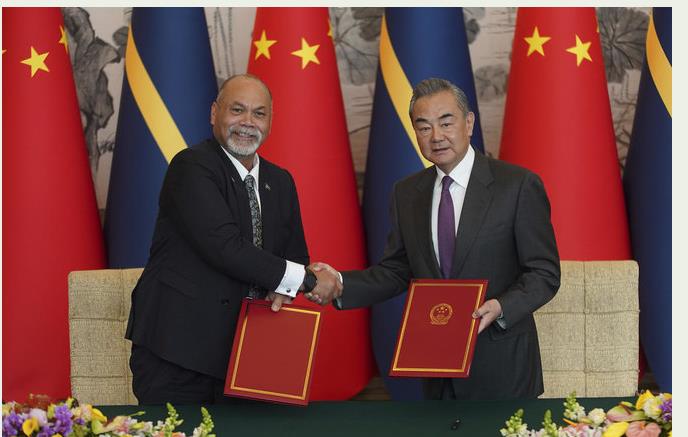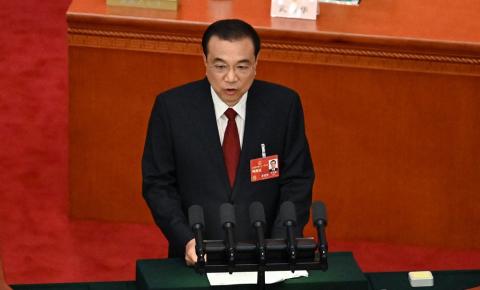
Donald Trump has ratcheted up the US-Taiwan relationship to levels not seen in the last few decades. The visit of US Secretary of Health Alex Azar on Monday was the highest-level official US presence in Taipei since 1979.
The visit was ostensibly to congratulate Taiwan on its excellent management of the coronavirus disease pandemic and to reiterate a sharing of democratic values. In reality, the Taiwan rapprochement came about against the backdrop of a deteriorating relationship between the US and mainland China, particularly due to trade wars, America’s treatment of Huawei, WeChat, TikTok and ByteDance due to national security concerns, and US sanctions introduced because of Beijing’s new security law in Hong Kong.
Relations between the US and China have often frayed over Taiwan’s status as an unofficial American ally in terms of its Northeast Asia defense strategy, including the odd visit of US aircraft carriers to the Taiwan Strait when Beijing became too emboldened in the South China Sea. While economic relations with the “Asian dragon” have thrived, diplomatic relations were severed in 1979 as part of a deal to establish relations with China, which necessitated accepting Beijing’s “One China” policy.
The decline of Taiwan’s diplomatic standing started in 1971, when the country — then ruled with an iron fist by the Kuomintang’s Chiang Kai-shek, Mao Zedong’s nemesis in a bloody civil war — was expelled from the UN. Taiwan, known as the Republic of China, had been a founding member of the organization and held China’s seat and veto on the Security Council. But it was replaced by the People’s Republic of China (PRC) due to its relative size, new geopolitical realities, and a concession to Beijing’s One China policy.
Nowadays we can count Taiwan’s membership of international forums on one hand: The Asian Development Bank, the World Trade Organization, the Asia-Pacific Economic Cooperation, and the OECD as an observer.
The downturn in US-Chinese relations has been welcomed in Taipei, especially as President Trump has signed six laws aimed at supporting Taiwan.
The Taiwanese leadership looks with some fear at what happened to the “one country, two systems” promise, which Beijing cast away with its new security law in Hong Kong and the subsequent ratcheting up of pressure. Taiwan was always part of the PRC’s One China policy, but it could take some solace from how Hong Kong was handled.
That is one side of the story. There is, however, another one: That Taiwan has always been about economic clout. In the 1980s, it was one of the initial four Asian dragons alongside Hong Kong, the Republic of Korea, and Singapore. As such, it has strong ties to the mainland. Forty percent of the country’s exports go to the PRC and Hong Kong, while Taiwanese businessmen are major investors on the mainland.
US-China trade tensions are difficult for open trading economies such as Taiwan’s, especially as they are increasingly extending to the technology sphere, in which Taipei is a major part of the supply chain. The US’ Huawei ban, for instance, hurt Taiwan’s TSMC, which is the world’s largest semiconductor manufacturer and which counts Huawei among its clients.
While Taiwan may benefit from US-China tensions for now, its geographic position and history remain.
Cornelia Meyer
On the geopolitical stage, the country may also want to proceed with caution. Trump’s philosophy on international relations is transactional, which means that alliances are not cast in stone, but rather part of a larger bargaining picture. He has made several policy U-turns, catching allies off guard, such as his ending of support for the Kurds in Syria. Trump also went it alone on North Korea without so much as consulting US allies Japan, South Korea and Taiwan.
While the going may be good for now and Taiwan may currently benefit from US-China tensions, its geographic position and history remain. Beijing was clearly agitated by Azar’s visit. The Chinese Communist Party’s Global Times wrote: “The United States will gradually turn Taiwan into a gunpowder keg for the Sino-US game, and Taiwan will slide to the brink of being detonated by the United States and lose its ability to choose its own strategy.”
These are harsh words. Taiwan should by all means stand its ground. However, it needs to keep its eyes wide open and work closely with its allies to assess where it fits into their long-term strategic plans and how this affects Taipei’s economic and diplomatic position.
Cornelia Meyer is a business consultant, macro-economist, and energy expert. Twitter: @MeyerResources
Disclaimer: Views expressed by writers in this section are their own and do not necessarily reflect Arab News" point-of-view












